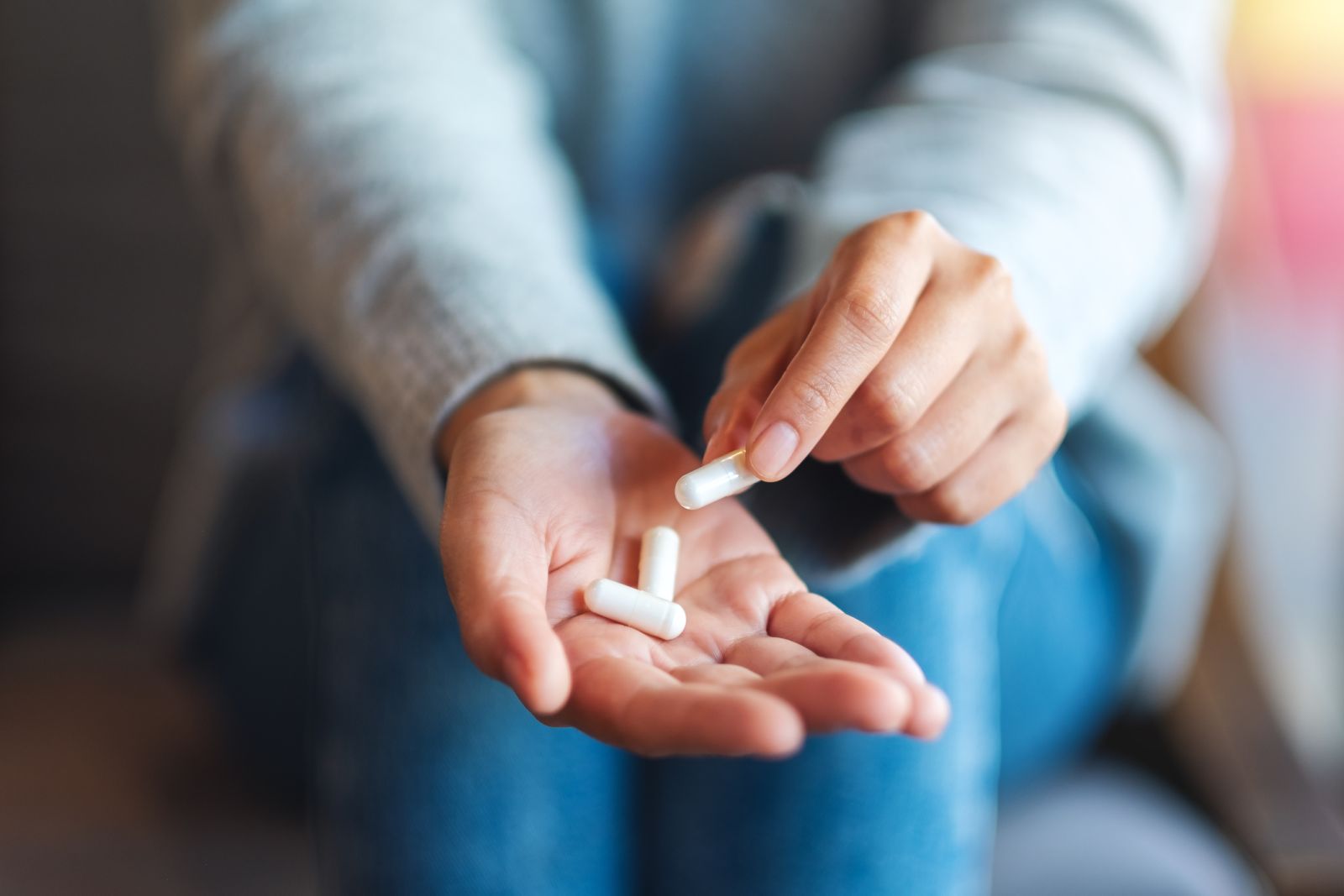Ozempic in a Tablet? A New Daily Pill Option for Weight Loss and Diabetes
By Susannah Chen
 Oral semaglutide (Rybelsus) is both safe and effective at high doses, both in patients with type 2 diabetes or in people with overweight or obesity, according to the full results of two clinical trials published this week.
Oral semaglutide (Rybelsus) is both safe and effective at high doses, both in patients with type 2 diabetes or in people with overweight or obesity, according to the full results of two clinical trials published this week.
Two new study results show that oral semaglutide (Rybelsus), the daily pill equivalent to the weekly injectable medications Ozempic and Wegovy, is safe and effective at high doses, both for type 2 diabetes as well as for people with overweight or obesity.
At the ADA 2023 Scientific Sessions, researchers presented the full outcomes of two studies, PIONEER PLUS and OASIS 1. The complete results of the two Novo Nordisk-sponsored phase 3 clinical trials were simultaneously published in the medical journal The Lancet.
PIONEER PLUS, a trial that investigated high-dose oral semaglutide for people with type 2 diabetes, showed significant reductions in both A1C levels and weight. Higher (25 mg and 50 mg) doses of Rybelsus – which is currently available as a type 2 diabetes drug in 3 mg, 7 mg, and 14 mg oral tablets – resulted in an average A1C reduction of about 2 percentage points and an average weight loss of 10% with the highest dose of 50 mg.
OASIS 1, the first investigation of high-dose oral semaglutide for people without diabetes but with overweight or obesity, found that taking 50 mg of the medication daily resulted in weight loss of more than 15% when integrated with diet and exercise.
PIONEER PLUS trial results
The PIONEER PLUS trial tested oral semaglutide at high doses in people with type 2 diabetes. Initial results, which were released in March, showed that Rybelsus at doses of 25 mg and 50 mg outperformed the current maximum FDA-approved dose of 14 mg, and led to significant reductions in both A1C levels and weight in patients with type 2 diabetes over the course of 68 weeks.
The PIONEER PLUS trial enrolled 1,244 type 2 diabetes patients requiring “treatment intensification” due to inadequately controlled diabetes, and they used Rybelsus in addition to other oral diabetes medications. All participants were started on the lowest starting dose of 3 mg and were later randomly assigned to a final dose of 25 mg, 50 mg, or 14 mg. Participants taking either 25 mg or 50 mg doses of Rybelsus saw an A1C decrease of about 2 percentage points on average. In addition, those on the 50 mg dosage saw an average weight loss of about 10% of their body weight.
|
Daily Rybelsus Dose |
A1C Reduction |
Weight Loss Reduction |
|
14 mg |
1.9 percentage points |
4.5 kg (10 lb) |
|
25 mg |
2.2 percentage points |
7 kg (15.4 lb) |
|
50 mg |
1.4 percentage points |
9.2 kg (20 lb) |
In addition, more than 60% of participants on a higher dose lost 5% of their body weight or more, and secondary outcomes like A1C, waist circumference, and fasting blood sugar were superior for the higher 25 mg and 50 mg doses than compared to the currently approved 14 mg dose.
OASIS 1 trial results
The OASIS 1 trial tested Rybelsus at the highest dose thus far, 50 mg, in adults dealing with overweight or obesity without type 2 diabetes but with one or more chronic conditions like high blood pressure, high cholesterol, or cardiovascular disease. Novo Nordisk, the maker of Rybelsus, released early findings from OASIS 1 in May, which showed superior weight loss for those taking the drug.
The OASIS 1 trial, which investigated Rybelsus among 667 adults, found that, on average, individuals taking 50 mg of the medication lost more than 17% of their body weight after 68 weeks. In addition, nearly 40% of the participants achieved weight loss of 20% or more when compared to the placebo.
What PIONEER PLUS and OASIS 1 trial results mean for diabetes
 These studies position Rybelsus to soon become the first oral weight loss pill with this level of efficacy on the market.
These studies position Rybelsus to soon become the first oral weight loss pill with this level of efficacy on the market.
In a statement, Novo Nordisk stated that it plans to file for regulatory approvals of the 25 mg and 50 mg doses in the US and EU later this year. If approved at these doses, Rybelsus would offer a once-daily alternative to popular injectable medications such as Ozempic and Wegovy in people with overweight and obesity or type 2 diabetes.
Oral semaglutide is biologically close in structure and function to the popular medications Ozempic and Wegovy, and belongs to the class of drugs known as GLP-1 receptor agonists. Rybelsus is the first oral GLP-1 receptor agonist to be FDA approved in adults with type 2 diabetes, and it is currently prescribed as a diabetes pill for type 2 diabetes in conjunction with diet and exercise to help control blood sugar. Earlier this year, it also received a label update allowing it to be used as a first-line medication for type 2 diabetes.
Wegovy, an injectable form of the same medication, is already approved for weight loss. The results of both PIONEER PLUS and OASIS 1 trials mark the greatest amount of weight loss ever seen from an oral glucose lowering drug.
Side effects were mild to moderate; the most common adverse events were gastrointestinal and involved nausea, vomiting, or diarrhea, and most diminished over time. Gastrointestinal adverse events were most prominent during dose escalation and more frequent with oral semaglutide 25 mg and 50 mg than with oral semaglutide 14 mg.
Dr. Sean Wharton, an independent commentator and director of the Wharton Medical Clinic in Toronto, offered insight into the significance of the two trials by showing body weight graphs with Wegovy (injectable semaglutide 2.4 mg) on one side and Rybelsus (oral semaglutide 50 mg) on the other, demonstrating their effectiveness was virtually the same.








